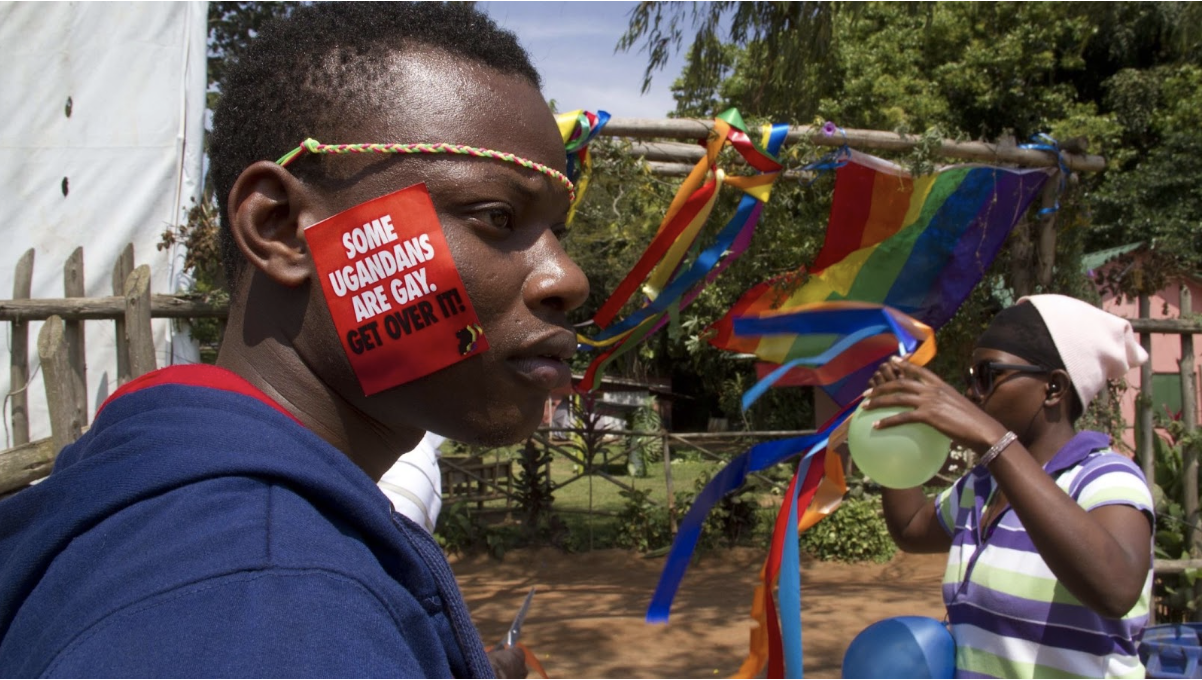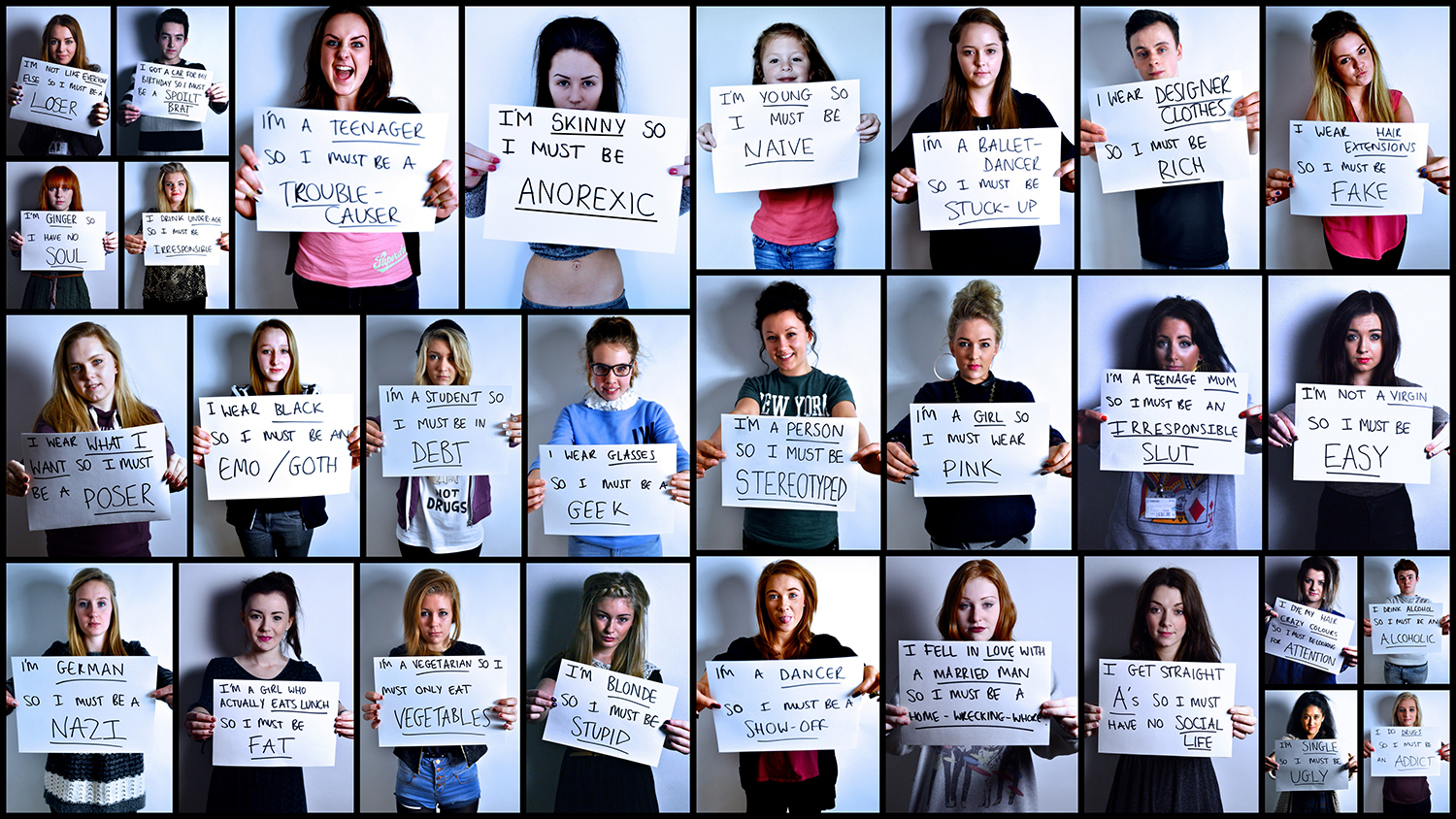By Anna Boulet-Alips, Year 12
Uganda has become the only Christian-majority country to legally punish gay-sex with the use of the death penalty. Surprisingly in light of this recent law, male homosexual relations were culturally common in Uganda, alike to its neighboring countries; Kenya, Rwanda, and Burundi. To the Baganda – the country’s largest ethnic group – homosexuality was treated mostly indifferently throughout history – for example, King Mwanga II of Buganda (1884 – 1888) was famously bisexual. Secondly, the Lango people (a Nilo-Hamitic ethnic group of north-central Uganda), believed in a “third gender”, demonstrating that not only was homosexuality normalized within the culture, but so were gender-non-conforming ideologies. So, how exactly did this African nation go from celebrating and normalizing homosexuality over 200 years ago to murdering members of the community in the 21st century?
Well, the ascension of legal criminalisation against members of the LGBTQ+ community can be easily spotted progressively post-colonialism, but increasingly so since 2005, when same-sex marriage was constitutionally banned by President Yoweri Museveni. Although both countries now deny it, the British Empire progressively introduced the systemic homophobia institutionalized in Uganda throughout the colonization of the country.
Today, both male and female homosexual activity are illegal in Uganda. Under the country’s Penal Code; “carnal knowledge against the order of nature” between two males carries a potential penalty of life imprisonment. In 2014, the anti-homosexuality act was made official, heightening tensions with the United States. In response to this, the United States announced numerous sanctions, including cuts to funding, blocking certain Ugandan officials from entering the country, canceling aviation exercises in Uganda and supporting Ugandan LGBTQ+ NGOs. In 2019, the sexual offense bill was established. In May 2021, the parliament further criminalized sex work as well as same-sex activity. Finally, this leads us to the crux of this article, the events that unfolded in March 2023. This month, the anti-homosexuality act was passed, criminalizing individuals who identify as LGBTQ+, resulting in up to 20 years in prison and even introducing the death penalty for “aggravated gay sex”. Unfortunately, violent and brutal attacks against members of the community are common and often performed by state officials. Since March 2023, it is even considered a criminal offense to offer support, promote, abet, or conspire towards LGBTQ+ movements or individuals.
Although we as a school are not directly affected by the causes and consequences of the Anti-Homosexuality Bill passed in Uganda in March of 2023, it is vitally important to be aware and educated on the issue to make sure not to replicate the discriminatory decisions of the states around us. Being privileged enough to be educated in Switzerland, a country – I’ll admit, that is not exemplary in terms of LGBTQ+ rights – yet that is becoming increasingly accepting and inclusive, we should focus on why and how to maintain this justice and work on growing this movement internationally as much as possible.
In conclusion, relying on the cultural and/or religious excuse has been overused and too detrimental to society to continue being used as seen before by the Catholic Church in the United States. Diverse cultures and religions should always be respected, but in return they need to respect others and their differences, as well as evolve along with the rest of the world. I am not claiming that we should expect from countries like Uganda to embrace the LGBTQ+ community to the extent of legalizing homosexual marriage, but quite simply to not criminalize their identity and even less to allow the legal mass-murder of members of the community.



